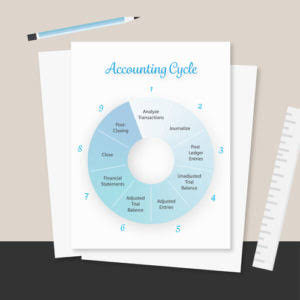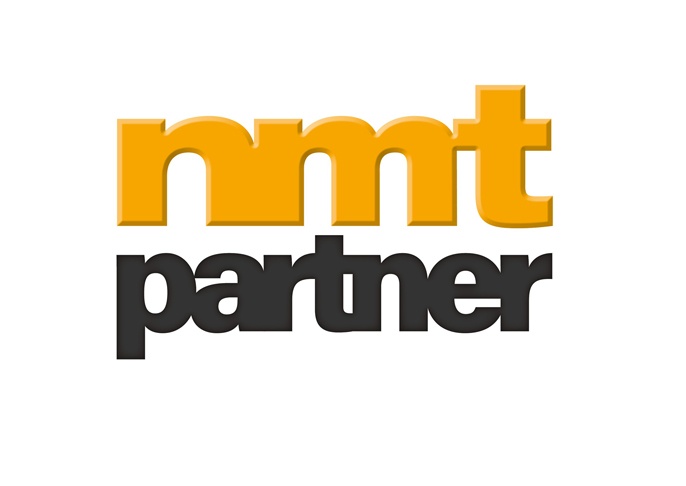What Is The Difference Between A Tax Advisor And A Tax Consultant?

The participants receive a balance sheet Record of Completion after fulfilling all the requirements. For instance, they can represent the clients whose tax returns they have prepared before IRS employees. However, they don’t have the right to represent them for collection issues or appeals.

Steps to Take Before Hiring a Tax Consultant
There are three sections to the exam, which cover individuals, businesses and representation and practices and procedures. There is also a continuing education component that entails taking 72 credits every three years. Based on location, tax attorneys typically charge between $500 and $1,000 per hour in states like California and New York, where demand for tax attorneys is high. In Texas and Florida, rates tend to fall in the $300 to $600 per hour range, while Midwest and rural areas generally offer lower pricing at $250 to $500 per hour. Calling in a CPA could make sense if you have complicated questions or need extra help.
- Whereas EAs are federally licensed and, hence, can provide representation in any state and on any matter.
- Finally, we’ll detail the essential steps to decide which professional suits your specific circumstances.
- Thus, in the event of any irregularities, the state board has the authority to revoke their license.
- For example, a base flat fee for your tax return, plus additional hourly charges for any extra consultation needed.
- CPAs generally have more rigorous training in areas such as financial accounting and an in-depth understanding of the tax code, which justifies a higher price point.
- A tax advisor, also referred to as a tax consultant, is a financial services provider who specializes in managing tax issues, such as working with individuals or businesses on tax minimization strategies.
Tips for Managing Your Taxes
- A tax consultant, often referred to as a tax advisor, specialises in tax law, planning, and compliance.
- Every CPA has an 18-month period to pass AICPA’s four-part exam, which covers auditing and attestation, business concepts, accounting and reporting and regulations.
- They typically specialize in giving a client tax guidance and forming a strategic plan ahead of filing season.
- Their valuable insights may assist you in improving your business prospects.
- Understanding these differences helps in making an informed decision about which professional to hire.
- Deciding which to hire depends upon your particular set of circumstances and the type of assistance you need.
- Chang previously covered investing, retirement and personal finance for TheStreet.
Conversely, CPAs offer a broader range of services, including financial planning, auditing, and business consulting. Their extensive training across various accounting disciplines enables them to provide comprehensive financial services, making them ideal for more complex financial situations. Small business owners and individuals with multifaceted financial needs often prefer CPAs for their versatile expertise.
- To understand the difference between an EA and a CPA, it’s helpful to start with the responsibilities and day-to-day work of each.
- CPAs often excel in this area because of their specialized understanding of financial and tax implications related to various business structures.
- When deciding between an EA or a CPA, you will see that both types of professionals are well-qualified.
- CPAs are also bound by a strict code of professional ethics, which requires them constantly to maintain independence, integrity, and objectivity.
Benefits of hiring tax preparers

For other generic tax-related matters, an EA can also be very beneficial. On the other hand, if you’re a small business owner, a CPA might be more beneficial due to their expertise in financial reporting, budgeting, and strategic tax planning. A tax advisor, also referred to as a tax consultant, is a financial services provider who specializes in managing tax issues, such as working with individuals or businesses on tax minimization strategies. Tax advisors or consultants may also assist in the preparation of tax returns, but their range of work is typically more complex. Apart from these specialized services, tax advisors provide comprehensive tax advice.
Understanding Enrolled Agents

This not only includes knowing what they do, but also knowing how their work can impact a tax consultant vs cpa business. Whether you want an expert to do your taxes from start to finish, or expert help while you file on your own, TurboTax has expert-backed offerings to meet your needs. With TurboTax Live Assisted, our tax experts help you complete your taxes, fix any mistakes, and explain what’s next. Or, with TurboTax Live Full Service, a local tax expert matched to your unique situation will get your taxes done 100% right – as soon as today.

Enrolled Agent (EA)
Although they both fulfill distinct financial needs, an accountant and a tax advisor are definitely not the same. Tax consulting offers diverse career paths with opportunities for specialization and advancement. Understanding the typical progression helps professionals plan their career development strategically. While not always required, professional certifications significantly enhance a tax consultant’s credibility and career prospects. Different certifications offer varying levels of authority and specialization opportunities.

Contact the Milestone team and explore how we can revolutionize your financial approach by empowering you with specialized tax advisory expertise. Moreover, unlike tax attorneys, CPAs don’t Online Bookkeeping provide attorney-client privilege. If your CPA discovers potential fraud during an audit, they’re legally obligated to report it. So, if you need to work with a professional who legally prioritizes you first, then an attorney is the best choice.













